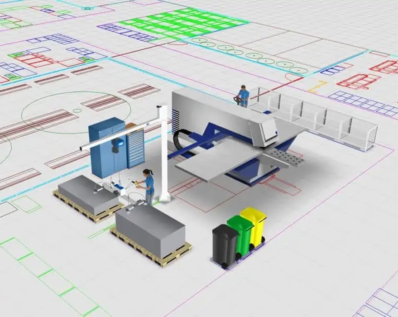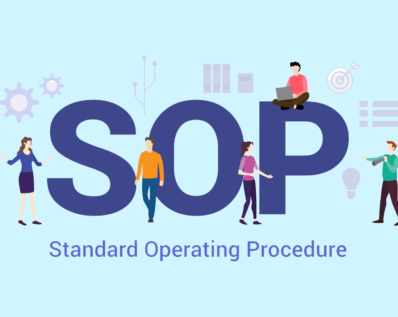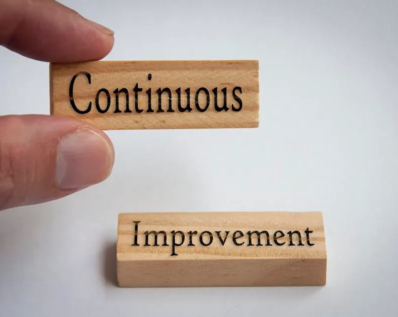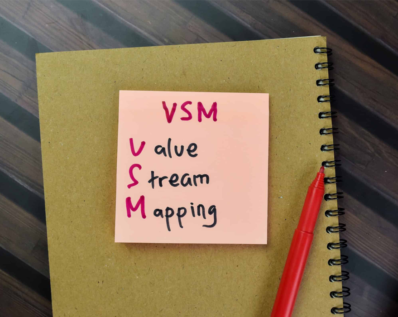The Illusion of Strategy: A Day at the Strategic Meet
— A Leadership Reflection on Purpose, Alignment, and Impact It was a usual start to the day, except that this
The Silent Efficiency Killer: Why Factory Layout Design Matters More Than Ever
In today’s highly competitive manufacturing landscape, companies invest heavily in defining processes, creating detailed Standard Operating Procedures (SOPs), deploying modern
Business Strategy Implementation: Common Roadblocks and How to Overcome Them
Implementing a business strategy is often more challenging than creating one. While defining a clear strategic vision is essential, effective
Standard Operating Procedures (SOPs): A Foundation for Innovation, Not a Barrier
Debunking the Myth: “SOPs Kill Innovation” In a recent conversation with a CEO, a common concern was raised — that
Sustaining Continuous Improvement: The Key to Long-Term Business Success
Why Sustaining Continuous Improvement is a Challenge One of the most challenging aspects of implementing best practices in any organization
TFM (Total Flow Management): Meaning, Purpose, Benefits, Method, Application, and Example
Total Flow Management (TFM) is a comprehensive approach aimed at managing the flow of materials, information, and products throughout an
TPM (Total Productive Maintenance): Meaning, Purpose, Benefits, Method, Application, and Example
Total Productive Maintenance (TPM) is a proactive maintenance strategy designed to improve the reliability and efficiency of production equipment by
Heijunka: Meaning, Purpose, Benefits, Method, Application, and Example
Heijunka is a key concept in lean manufacturing, particularly within the Toyota Production System (TPS), aimed at leveling production. It
SMED (Single-Minute Exchange of Dies): Meaning, Purpose, Benefits, Method, Application, and Example
SMED is a lean manufacturing technique aimed at reducing the time it takes to change over equipment or processes, thus
Total Quality Management
(TQM) is a comprehensive and structured approach to organizational management that seeks to improve the quality of products and services
What is Hoshin Kanri?
Hoshin Kanri is a strategic management methodology used to align an organization’s goals, vision, and resources to ensure that all
Six Sigma: Meaning, Purpose, Method, Application, Benefits, and Example
Six Sigma is a data-driven methodology aimed at improving business processes by identifying and removing defects and variations, ultimately enhancing
Value Stream Mapping (VSM): Meaning, Purpose, Benefits, Method, Application, and Example
Value Stream Mapping (VSM) is a visual tool used to analyze, design, and improve the flow of materials and information
Jidoka: Meaning, Purpose, Benefits, Method, Application, and Example
Jidoka is a principle of the Toyota Production System (TPS), often referred to as “autonomation” or “automation with a human















